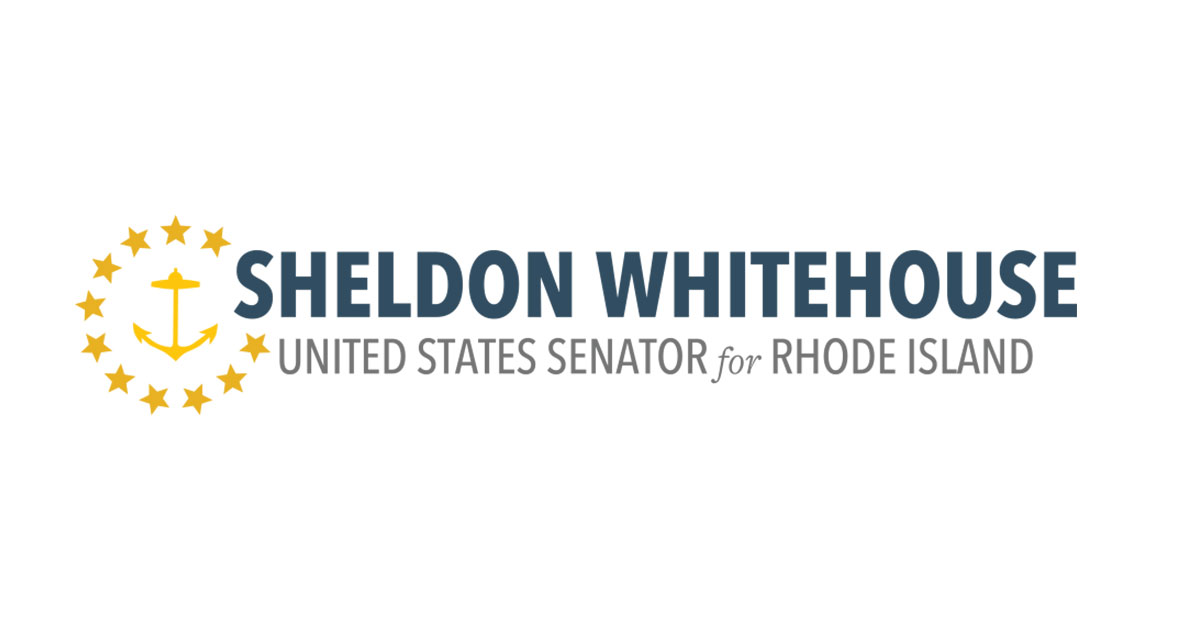Source: United States Senator for Rhode Island Sheldon Whitehouse
Legislation would combat special interest influence and repair Americans’ faith in democracy
Washington, DC – Earlier today, U.S. Senator Sheldon Whitehouse (D-RI) and Majority Leader Schumer (D-NY) requested that the Senate pass legislation to combat the flood of dark money in American politics. Senator Cruz objected to the request, blocking passage of the bill.
“The fight isn’t over. This started when Citizens United unleashed unlimited money into our politics and it will end with the passage of my DISCLOSE Act,” said Whitehouse, who has introduced the bill in every Congress since 2012. “It’s time to shine a light on the dark-money forces corrupting our politics. My Republican colleagues know the American people want that transparency, and know they can’t defend big money corruption much longer.”
“Billions of dollars in anonymous campaign donations every year is not a function of a healthy democracy,” said Majority Leader Schumer. “Americans deserve to know who is trying to influence politics and how strenuously. The entire Democratic caucus supports the DISCLOSE Act and will keep fighting for this transparency.”
The DISCLOSE Act would require organizations spending money in elections – including super PACs and 501(c)(4) dark money groups – to promptly disclose donors who have given $10,000 or more during an election cycle. It also contains a number of other safeguards, including measures to prevent political operatives from using layers of front groups to hide donor identities and a “stand by your ad” provision requiring corporations, unions, and other organizations to identify those behind political ads – including disclosing an organization’s top five funders at the end of television ads.
A version of the DISCLOSE Act was included in Senate Democrats’ For the People Act (S.1), a sweeping package of pro-democracy reforms announced in January.
Members of both parties long supported campaign finance disclosures prior to Citizens United. In 2003, Senate Majority Leader Mitch McConnell told NPR that spending in elections should be “limited and disclosed” so that “everyone knows who’s supporting everyone else.”
